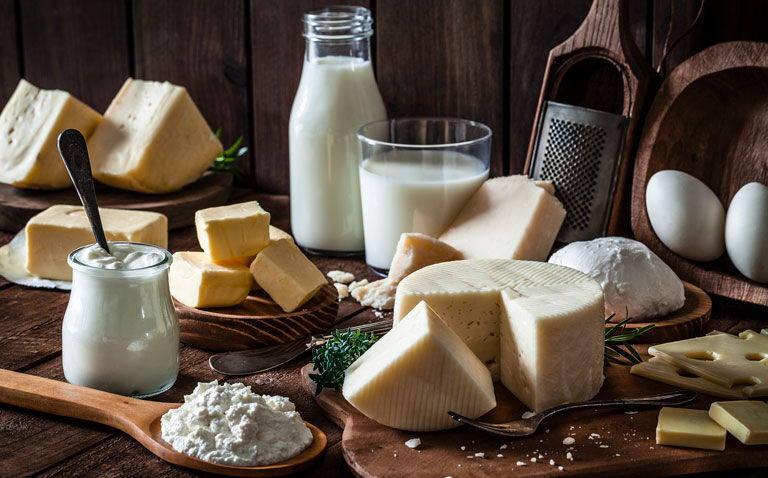A large prospective study has found that a higher dairy consumption among Chinese adults is associated with an increased risk of cancer
A higher level of dairy consumption in Chinese adults has been found to be linked to an increased overall risk of developing cancer and in particular, liver and female breast cancers. This was the key finding of a prospective study by researchers from the UK and China.
Across the globe in 2020, it has been estimated that cancer was responsible for an estimated 19.3 million new cases and almost 10.0 million cancer deaths.
Several dietary factors are linked with a reduced risk of developing cancer, including for example, a higher intake of fruit and vegetables, which is associated with a 17% lower cancer mortality.
Another food linked with cancer is dairy products and a higher dairy consumption lowers the risk of developing colorectal cancer. However, intake of egg, fish and dairy consumption has remained at a low level among Chinese people with other work finding that dairy consumption was seriously inadequate in Chinese elderly and appears to be reducing.
As a result, for the present study, researchers were interested in determining if, despite low levels of intake among the Chinese (compared to Westernised countries), dairy intake was associated with the incidence of cancer.
Turning to data held within the China Kadoorie Biobank, which represents a population-based prospective analysis with over 0.5 million adults across China, the researchers obtained information on the frequency of dairy consumption and which was categorised as daily, 4 – 6 day/week, 1 – 3 days/week, monthly or never/ready and which served as a baseline.
The information on dairy intake was re-collected at two follow-up surveys and used to estimate mean intake of dairy foods. Cox regression analysis was used to link incident cancers with dairy consumption and adjusted for several covariates including a family history of cancer, alcohol intake and levels of smoking.
Dairy consumption and incident cancer
Among a population of 510,146 individuals with a mean age of 52 years (59% women), 20.4% reported intake of dairy foods at least once a week (subsequently referred to as ‘regular dairy consumers’) and which was largely for milk.
Participants were followed for a mean of 10.8 years, during which time there were 29,277 incident cancer cases recorded. In the fully adjusted models, each 50g/day increase in dairy consumption was associated with a 7% increased risk of total cancer (hazard ratio, HR = 1.07, 95% CI 1.04 – 1.11) when compared to those who never consumed dairy foods.
Furthermore, among regular dairy consumers, there was a significant increased risk of liver cancer (HR = 1.12, 95% CI 1.02 – 1.22) and for female breast cancer (HR = 1.17, 95% CI 1.07 – 1.29). There was no significant association for any other form of cancer including colorectal cancer.
The authors concluded that higher dairy consumption was associated with a greater risk of cancer among Chinese individuals even though levels of dairy intake are low compared to Westernised countries.
Citation
Kakkoura MG et al. Dairy consumption and risks of total and site-specific cancers in Chinese adults: an 11-year prospective study of 0.5 million people. BMC Med 2022










